“Bend’s growing season begins June 30 and ends July 1,” the old farmer said with a twinkle in his eye, referring to our hometown. We were purchasing fruit at his Eastern Oregon orchard, and we laughed because it was close to the truth.
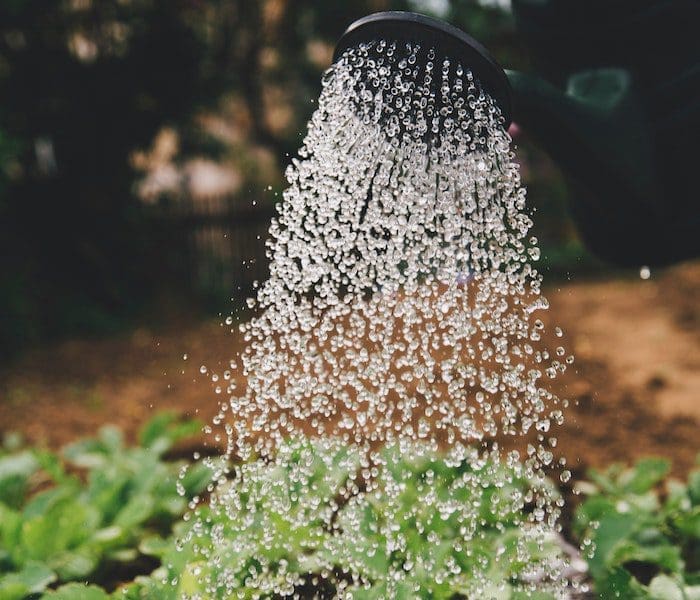
Last year, before we were married, I helped Dan plant his garden. Later, as newlyweds, we harvested zucchini, butternut squash, tomatoes, red potatoes, bunching onions, green beans, peppers, and rhubarb.
This year, the local deer saw our downed fences and gate (due to construction) as an open invitation to help themselves to our backyard smorgasbord.
The four-legged critters munched on the strawberry and raspberry plants, the rhubarb and sunflowers. And the tomatoes. They mowed the tomatoes down. The only things that produced well were red potatoes and onions.
Dan and I are now focused on landscaping. We needed to plant trees and bushes and flowers that would grow well at an elevation of 3,700 feet and would be un-inviting to our four-legged neighbors.
Hence, blue spruce ground cover and two blue spruce trees—one of them “weeping”, which looks like something straight out of a Dr. Seuss book.
We planted a small evergreen, and the cutest little maple and crabapple trees. Also blue fescue bunch grass and Albanian spurge along with lavender, echinacea, and three colors of asters.
I was spreading mulch around the dry creek bed yesterday afternoon and thinking about growing seasons and the joy of planting and nurturing and watching something grow.
These words from a letter written by the Apostle Paul to believers in ancient Galatia came to mind:
But the fruit of the Spirit is love, joy, peace, patience, kindness, goodness, faithfulness, gentleness and self-control.
Galatians 5:22-23
I was thinking about the growing season for a human life. It’s year-round. Every day of the year I get to grow goodness and patience and kindness.
If I so choose.
And I do choose.
But sometimes I produce rotten fruit, like the time I met with a friend who had spoken lies about me. I told myself it was to mend our broken relationship. But it was really to point out that I caught her in her lies. You can imagine how that encounter went.
I want to be kinder, humbler, more faithful.
This quote from Gayla Trail speaks to regular hands-in-the-dirt gardening and spiritual fruit gardening:
As I work on the garden, the garden works on me.
As I practice love, then love works in me and changes me. It’s the same with patience. And joy. And self-control.
Working on our landscaping has been therapeutic as Dan and I watch the empty ditch unfold into something much better than, well … an empty ditch.
It’s the same in my own life as I plant and water and nurture good fruit. Because I really want more than an empty ditch to define who I am as a child of God.

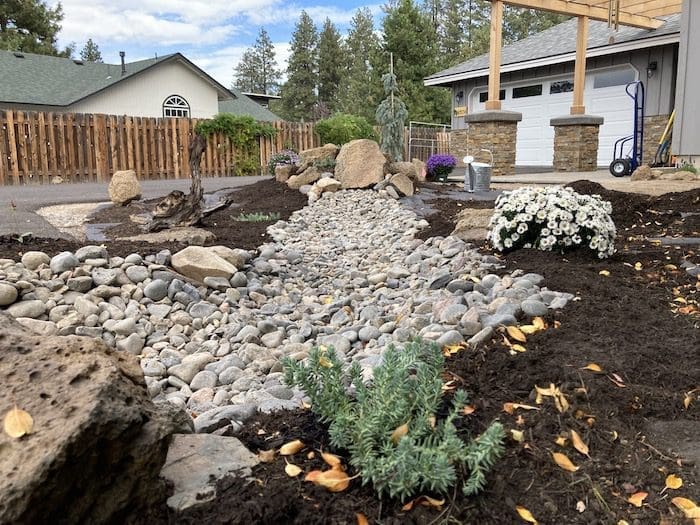
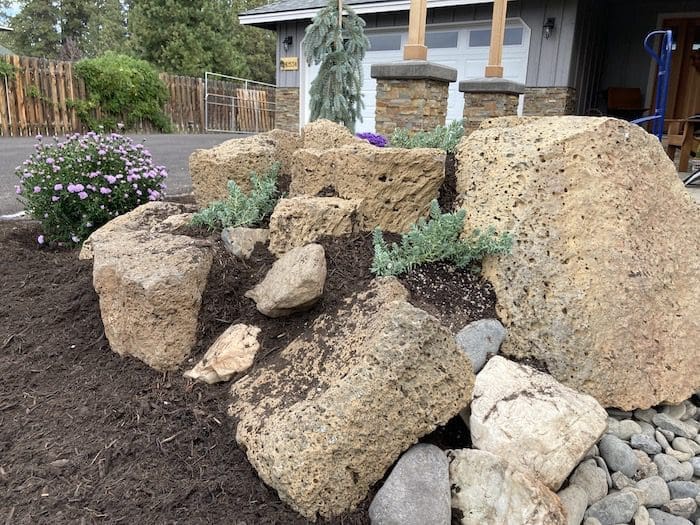
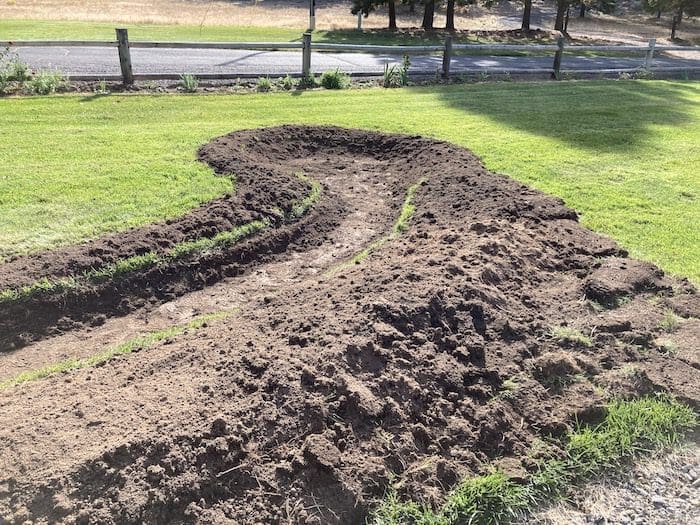
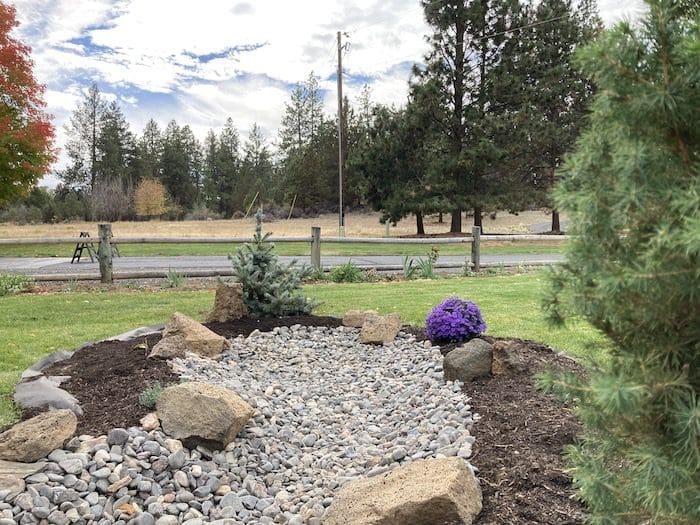
Pat
Beautiful written and so much truth about our fruit.
I so enjoy the weekly posts about you & Dan. Continue to enjoy this new journey together.
Blessings!
Pat
Marlys Lawry
I’m learning more and more about growing fruit, Pat!
Kathy Poncy
Gardening was the first job God gave us. I think that is why the tasks involved nourish my soul. I feel close to God out there.
My daily prayers ask for His hands to guide me as I try to show and grow the Fruits of the Spirit in my choices, actions and reactions. Wow, that is a lifelong process!
Marlys Lawry
Well said, Kathy: “Gardening was the first job God gave us. I think that is why the tasks involved nourish my soul.” Thank you!
Cheryl N
Wonderful writing again. I want to believe that my growing season is a life time. I hope to keep learning and growing until the last days. Thank you.
Marlys Lawry
You hit the nail on the head, Cheryl. May all our growing seasons be for a lifetime. Thank you!